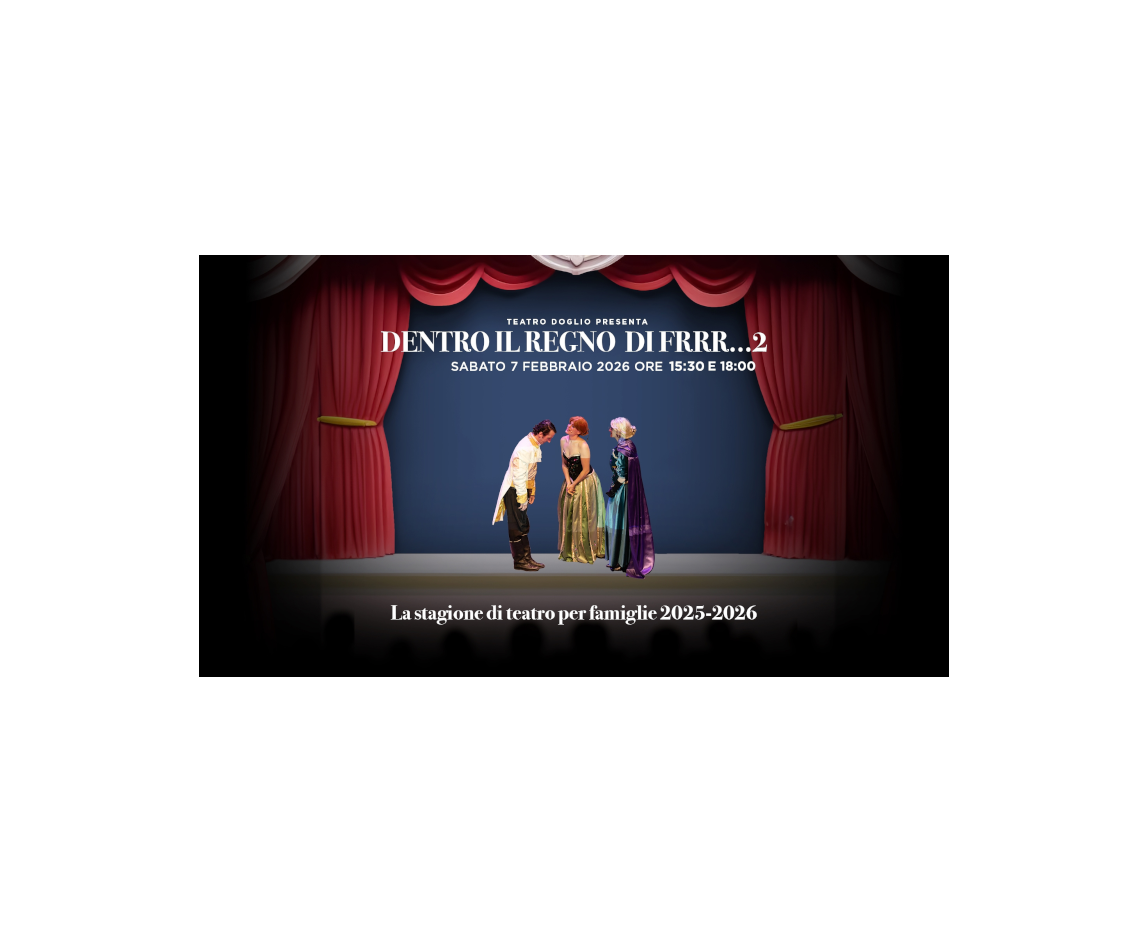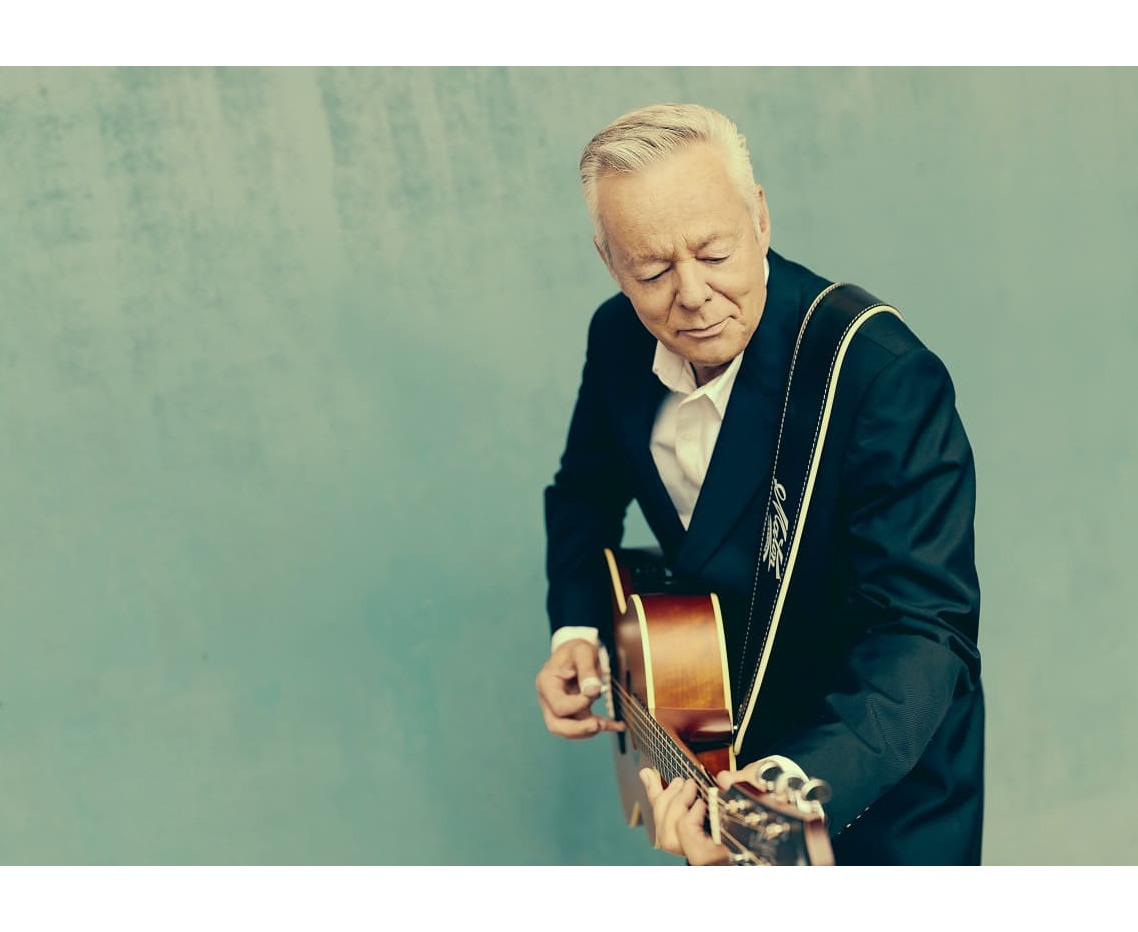Ghigo Renzulli in concert in Cagliari on October 18th

The founder and composer of Litfiba arrives in Cagliari with a unique concert at the Fabrik club on the upcoming 18th of October. 'Dizzy,' the second instrumental album by Ghigo Renzulli, is an intense and engaging musical journey that reflects all his cultural and artistic inspirations. The title, which in English means 'dizzy' or 'causing dizziness,' perfectly describes the essence of the album: a sonic path that alternates between relaxed and calm moments to strong and powerful passages, creating a musical experience rich in contrasts.
One of the main features of Dizzy is the extraordinary variety of melodies, dominated by Ghigo's guitar and enriched by the contributions of 14 musicians who participated in the project. The result is a rich and diverse sound that remains faithful to Ghigo's distinctive stylistic signature, which has shaped the musical identity of Litfiba for decades. The album contains 15 tracks and offers a range of atmospheres that move fluidly and dizzyingly, narrating a unique and personal sonic universe. Dizzy is available in digipack CD format and double 33 rpm vinyl, perfect for those who want to immerse themselves in a listening experience of great depth and quality.
Discussing the new release, the artist explains: “DIZZY in English means 'dizzy,' which induces dizziness and is the perfect adjective to define the musical journey of this album, the second studio album of my instrumental project. All my musical and cultural inspirations are represented, and the atmospheres within the record shift dizzyingly from relaxed and calm moments to others that are strong and powerful, with a wealth of melodies and a rich, varied sound.”
WHO IS GHIGO RENZULLI
Federico “Ghigo” Renzulli, born on December 15, 1953, in Manocalzati (AV), is one of the most influential figures in Italian music. Moving to Florence with his family, he developed a passion for folk, blues, rock, and country from a young age, leading him to pick up the guitar at just 14 years old. After earning his diploma, he enrolled in Biology, but a few exams away from graduation, he abandoned his studies to dedicate himself fully to music.
In 1976, Ghigo moved to London amidst the punk scene's height and stayed there for two years. Returning to Florence in 1978, he co-founded Café Caracas with Raffaele Riefoli (Raf) on vocals and bass. The band rehearsed in Ghigo's personally renovated basement on Via dei Bardi and in 1980 opened for The Clash in front of 100,000 spectators. However, internal disagreements led to the band's dissolution.
Shortly after, Ghigo received a call from Gianni Maroccolo, and they formed a new band, Litfiba, a name chosen by Ghigo himself. Antonio Aiazzi joined on keyboards and Francesco Calamai on drums, with Piero Pelù on vocals. The live debut took place on December 6, 1980, marking the beginning of a successful journey, including opening for Siouxsie and the Banshees.
In 1982, the EP 'Guerra' was released, followed by 'Eneide' in 1983, a musical reimagining of Virgil's work. The first LP album, 'Desaparecido,' was released in 1985, kicking off the “Power Trilogy,” continued with '17 Re' (1986) and 'Litfiba 3' (1988). These works solidified Litfiba as one of the most important bands in the Italian scene.
After Maroccolo and Aiazzi's departure in 1989, Litfiba continued with Ghigo and Piero as central figures. 'El Diablo' (1990), entirely arranged by Ghigo, sold over 500,000 copies and brought the band into the mainstream. This was followed by 'Terremoto' (1993) and 'Spirito' (1994), both supported by successful tours and live albums such as 'Colpo di Coda' and 'Lacio Drom.'
With 'Mondi Sommersi' (1997), the band introduced electronic elements into their sound, inspired by the European music scene. In 1999, 'Infinito' was released, their commercial peak but also the climax of tensions between Ghigo and Piero. Following the Monza Rock Festival concert, Litfiba disbanded.
Ghigo continued his musical journey with a new lineup, releasing 'Elettromacumba' (2000) and 'Insidia' (2001), experimenting with innovative approaches like free downloads of live tracks. After years of activity with singer Cabo Cavallo, he decided to disband the group in 2006 but briefly reformed it with Filippo Margheri, releasing the EP 'Five On Line' in 2008.
In 2009, Ghigo and Piero announced the Réunion, resulting in a tour and the album 'Grande Nazione' (2012). Special events followed, such as a concert in memory of Ringo De Palma and the celebratory 'Trilogy 1983–1989' tour (2013). The band's last album, 'Eutòpia,' was released in 2016, concluding with a tour in 2017.
In parallel, Ghigo initiated the instrumental project No_Vox, described as “The voice of instruments.” The first album, 'Cinematic,' was released in 2020 alongside his autobiography '40 anni da Litfiba.' This was followed by the live album 'Alcazaba' (2021), recorded during a concert at the Roman theater in Fiesole. After Litfiba's farewell tour, 'L’Ultimo Girone,' concluding in December 2022, Ghigo continued working on new music, releasing the singles 'Exotica' (2023) and 'Circus' (2024).
With a career spanning over 40 years, Ghigo Renzulli has left an indelible mark on Italian music, both as the leader of Litfiba and as a solo artist. His path of experimentation and innovation continues to inspire new generations of musicians and enthusiasts.
Learn more.




